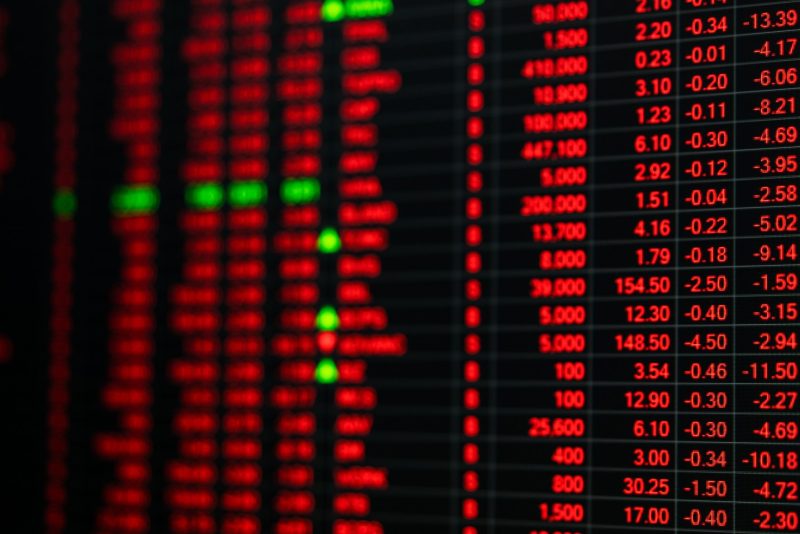Equity markets across the Asia-Pacific region opened lower on Monday, tracking Wall Street’s weak finish last week.
Higher US Treasury yields have been pressuring risk assets.
The yield on the 10-year benchmark Treasury reached a near eight-month high of 4.63%, ending the year roughly 75 basis points higher than its January levels.
This rise comes despite the Federal Reserve implementing 100 basis points in rate cuts this year.
Fed Chair Jerome Powell’s guidance for a slower pace of rate reductions next year has prompted investors to recalibrate their monetary policy expectations.
Adding to market uncertainty is the potential for higher bond issuances as President-elect Donald Trump prepares to take office.
His proposals for tax cuts and lack of clear plans to address the budget deficit have fueled concerns. The resultant widening interest rate differentials have bolstered the dollar, which has gained 6.5% this year against a basket of major currencies.
Nikkei slips below 40,000
The Japanese stock market is under immense pressure on Monday, snapping a three-session winning streak.
The benchmark Nikkei 225 Index fell 301.48 points, or 0.75%, to 39,979.68 during the morning session after hitting an intraday low of 39,935.04.
Losses were broad-based, with technology stocks and index heavyweights leading the declines.
Market heavyweight SoftBank Group dropped nearly 1%, while Fast Retailing, operator of Uniqlo, slid 1.5%.
Among automakers, Honda edged down 0.3%, and Toyota fell nearly 1%.
After the break, the Nikkei slipped over 1%.
Korean Kospi rebounds after 3 days
Conversely, Korean shares opened slightly higher on Monday, the final trading session of the year, as investors engaged in bargain hunting after last week’s losses triggered by political turbulence from an attempted martial law earlier this month.
The Kospi rose 9.69 points, or 0.4%, to 2,414.46 in early trading. The index looks set to end its three-straight session losing streak.
Other regional markets remain under pressure
China markets also started the week on a positive note, buoyed by policy measures.
The CSI 300 rose by 0.46%, and the Shanghai Composite gained 0.22%.
The Hang Seng Index, on the other hand, fell by 0.29% on Monday morning.
The Hang Seng Mainland Properties Index dropped 0.51%, and the Hang Seng Tech Index declined by 0.59%.
Tech giants Alibaba and Baidu saw losses of 0.73% and 1.35%, respectively.
The Australian stock market is trading significantly lower, reversing a three-session winning streak.
The benchmark S&P/ASX 200 Index is down 72.60 points, or 0.88%, at 8,189.20, slipping below the 8,200 level. Losses are led by financial and technology stocks.
US stocks crumble on Friday
US stocks fell sharply on Friday, with major indexes closing notably lower.
The tech-heavy Nasdaq experienced a larger decline as yields on the 10-Year Treasury Note rose to their highest level in eight months.
The Dow dropped 333.59 points, or 0.77%, to 42,992.21, recovering from a low of 42,761.56.
The S&P 500 fell 66.75 points, or 1.11%, to 5,970.84, while the Nasdaq lost 298.33 points, or 1.49%, ending at 19,722.03, after dipping to 19,533.40 earlier in the session.
Despite the Friday losses, the Dow saw a weekly gain of about 1.4%, and the S&P 500 and Nasdaq both rose more than 1.5% for the week.
Tesla closed nearly 5% lower, while other major tech stocks including Apple, Nvidia, Alphabet, Microsoft, Amazon, Oracle, Netflix, Accenture, Morgan Stanley, and Micron Technology saw declines of 1-3%.
The post Asian stocks dip as US Treasury yields weigh on sentiment: Nikkei slips below 40,000 appeared first on Invezz


